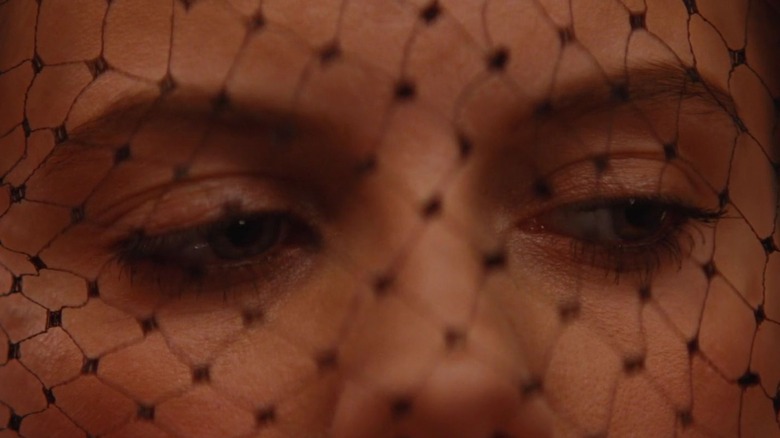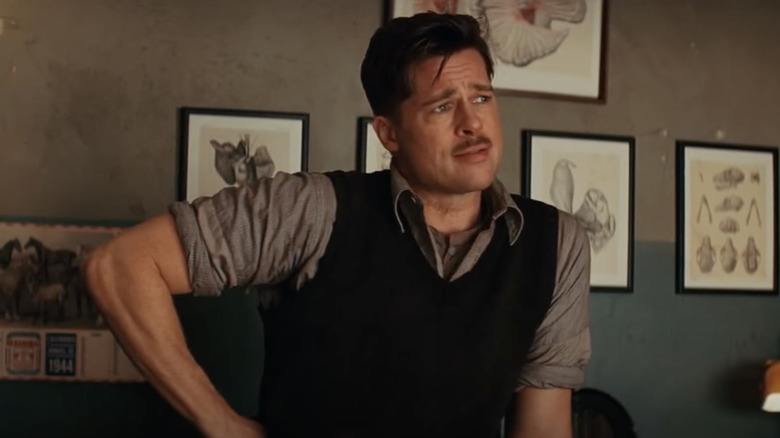Quentin Tarantino Learned An Interesting Writing Trick From Reading Ernest Hemingway
There's nothing like a bit of writer's block to halt your creativity (and waste plenty of time). But for most of us, the worst we've ever been blocked was when working on some sort of essay for school — things get a lot scarier when you're a household name, renowned for your writing, and still can't figure out the words you want to put on a page. Still, even the biggest writers aren't safe — just look at horror novelist Stephen King and comedy writer Bill Hader, both of whom have seen great success but have also struggled to put words on the page.
As a lot of writers could tell you, one of the biggest challenges is simply getting started. It's relatively easy to keep the writing going once you manage to start, but getting those first words flowing can be a challenge. However, while reading Ernest Hemingway's letters, Quentin Tarantino learned a great trick to overcome this early writer's block — one that he recently shared while chatting with Howard Stern: give yourself a jumping-off point at the end of each writing session. You've probably got an idea of where the story is going. Rather than putting it on paper today, save it for the next session:
"Don't finish the thought. You know what the thought is. You're not gonna forget it. So when you pick it up the next day, or two days later, you're writing again because you know exactly how to finish the thought. And now by the time you've finished the thought, you're in writing mode."
Suffering from success
It's nice to immediately get into the flow of writing, but for Tarantino, that might come with its own set of challenges. The writer-director's movies are known for packing in a lot of details, a habit that's been long in the making: when Tarantino studied acting, he frequently indulged in putting his own twist on existing scripts. In fact, as he shared on an episode of "The Q&A with Jeff Goldsmith," the still-unfinished first draft of "Inglourious Basterds" took years to write, largely because Tarantino couldn't stop coming up with new ideas:
"I was literally writing it for about 2 years with no end in sight. It was like some weird tome that some guy in prison writes. ... There were rumours going around that I wasn't working, I was suffering from writer's block. I was doing the exact opposite of suffering from writer's block. I could not stop writing. ... I think the first two chapters were 200 pages. And I just couldn't shut my brain off, like, a new twist, a new character, a new sub-story to throw in there just kept coming into my brain ... There was no end in sight. I couldn't even figure out what [the characters were going to do] because I just couldn't stop introducing everybody."
Given the fact that Tarantino is already prone to adding a lot of different threads into his scripts, keeping an idea open between writing sessions might give him more time to think of new plot complications — a welcomed side-effect for most writers, one that maybe isn't helpful if he's already struggling to contain his scripts' length. On the other hand, the ability to always jump right back into writing is certainly tempting — and might just be worth the extra editing time.

